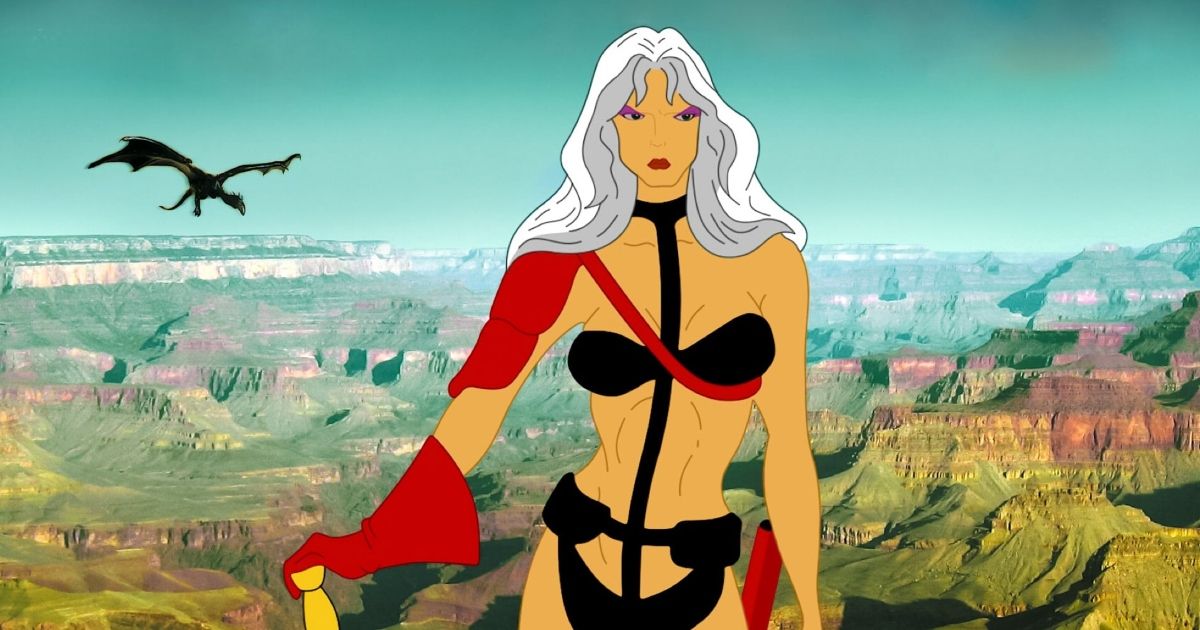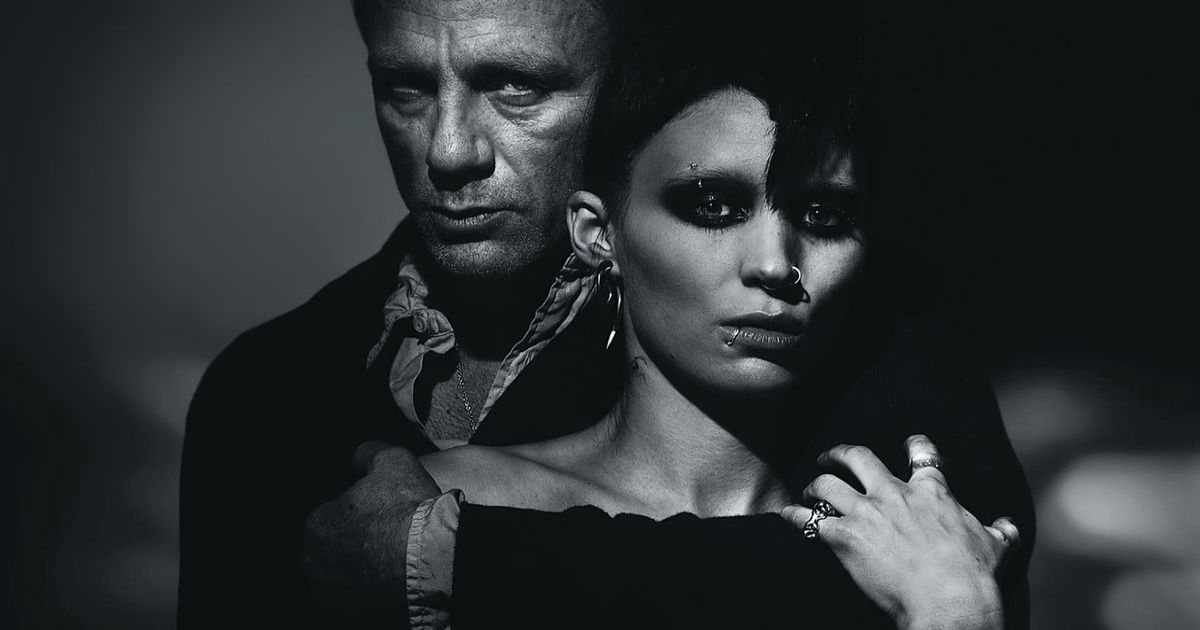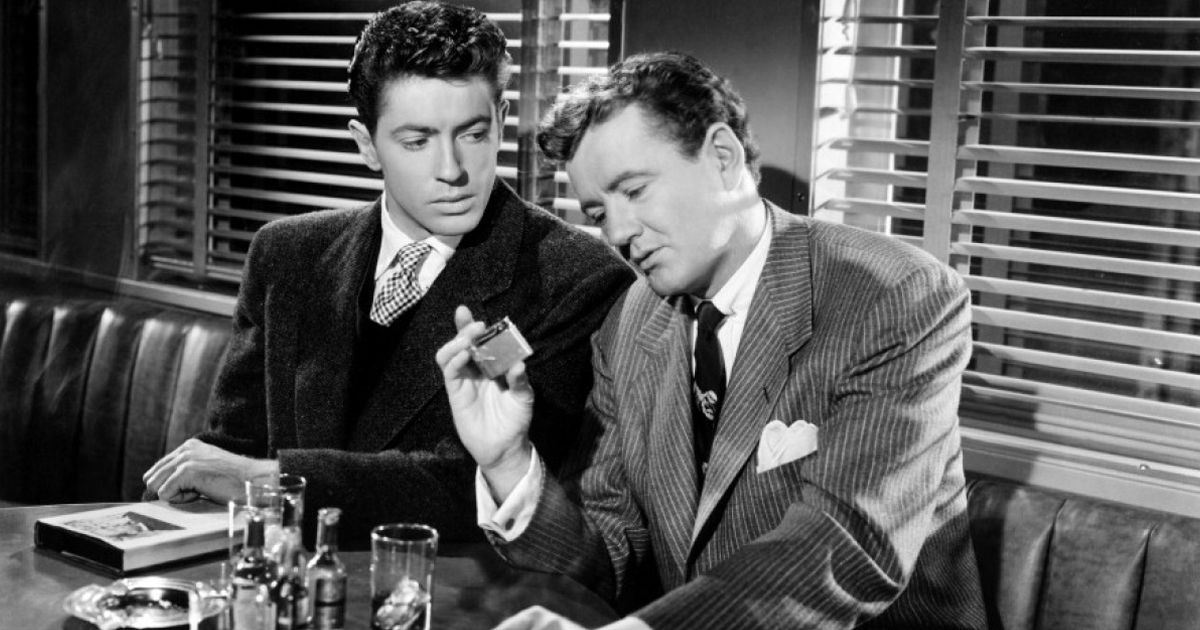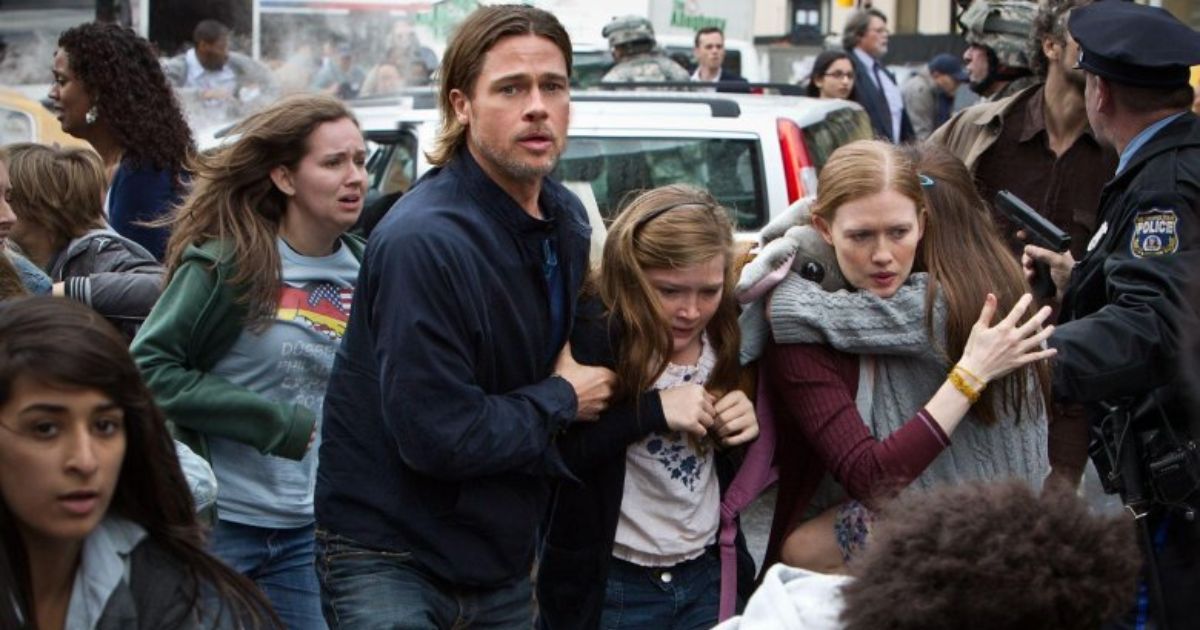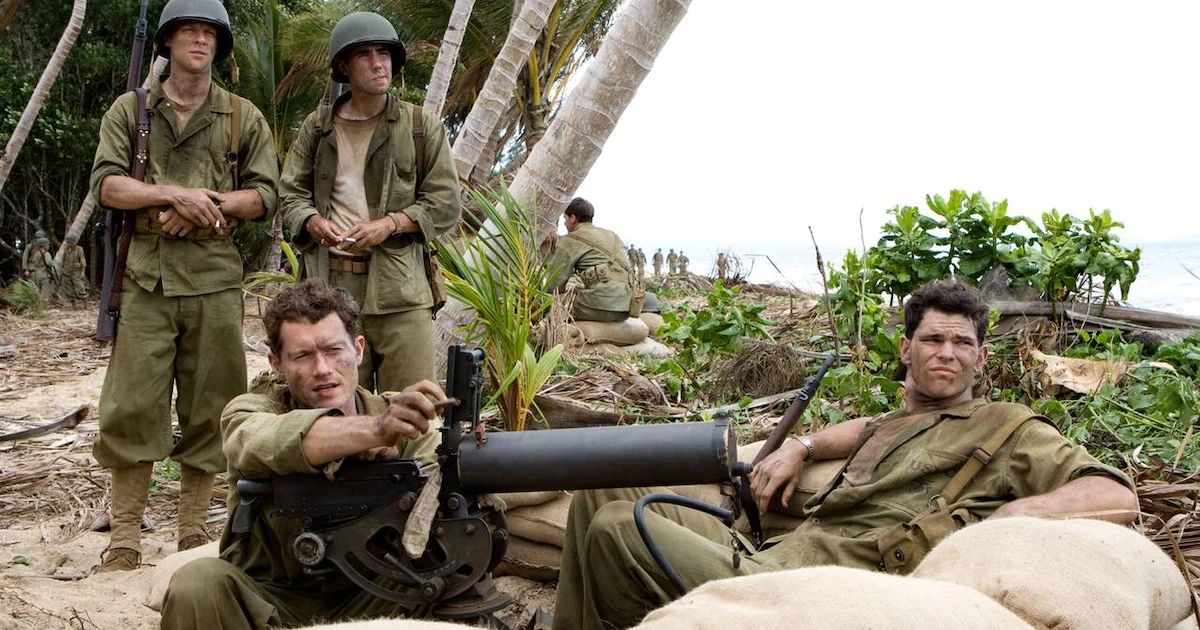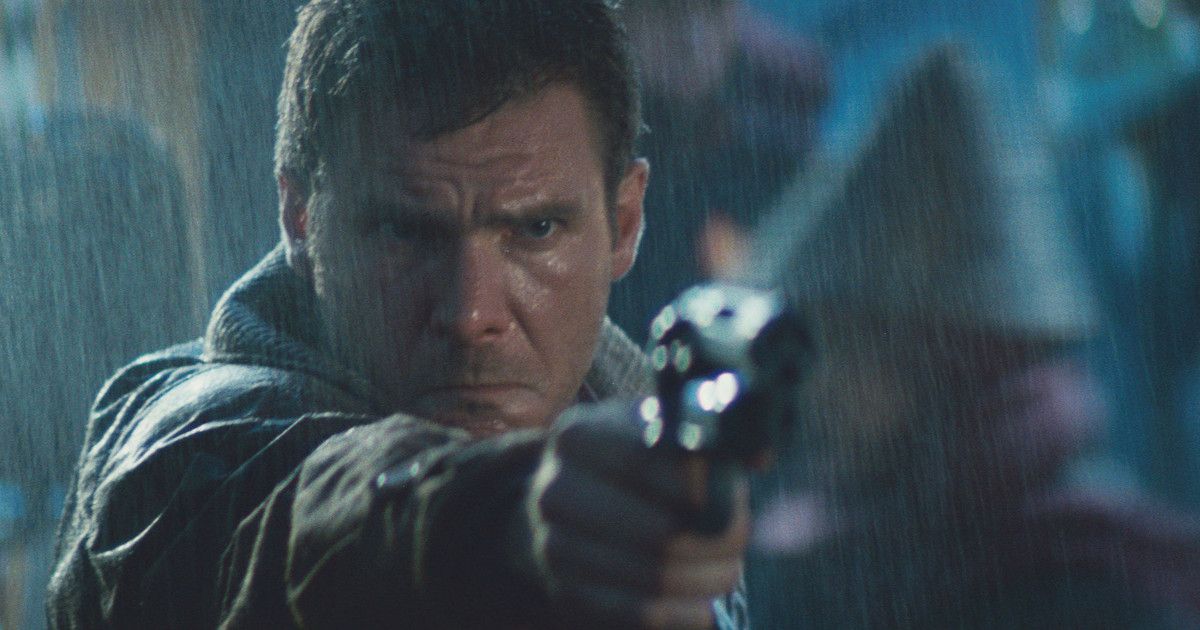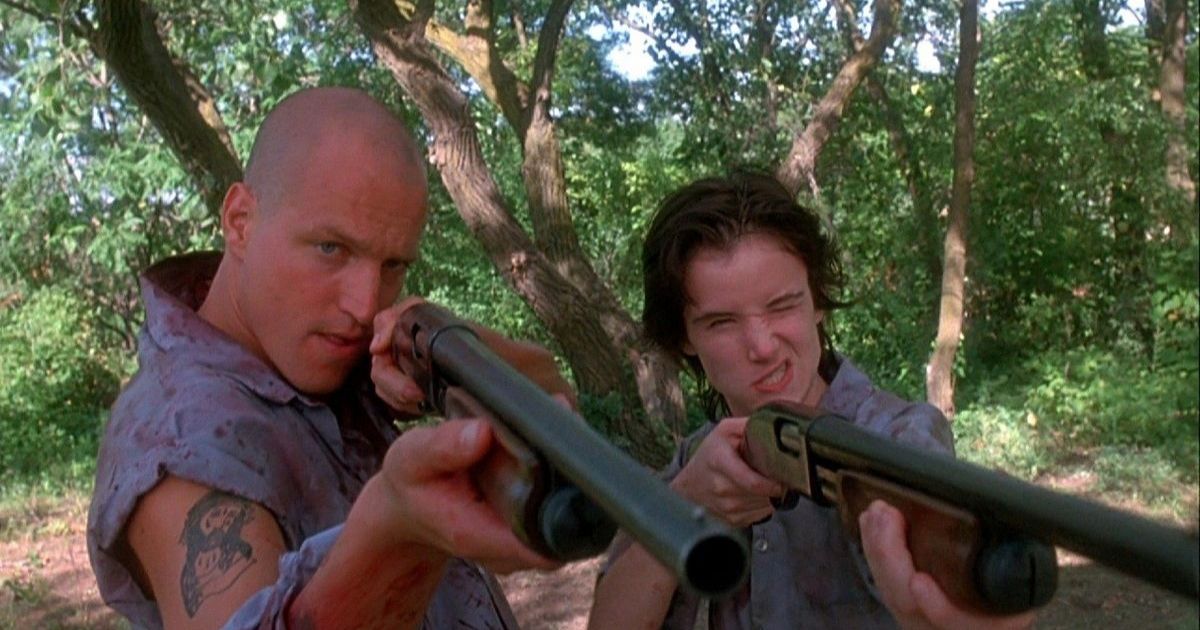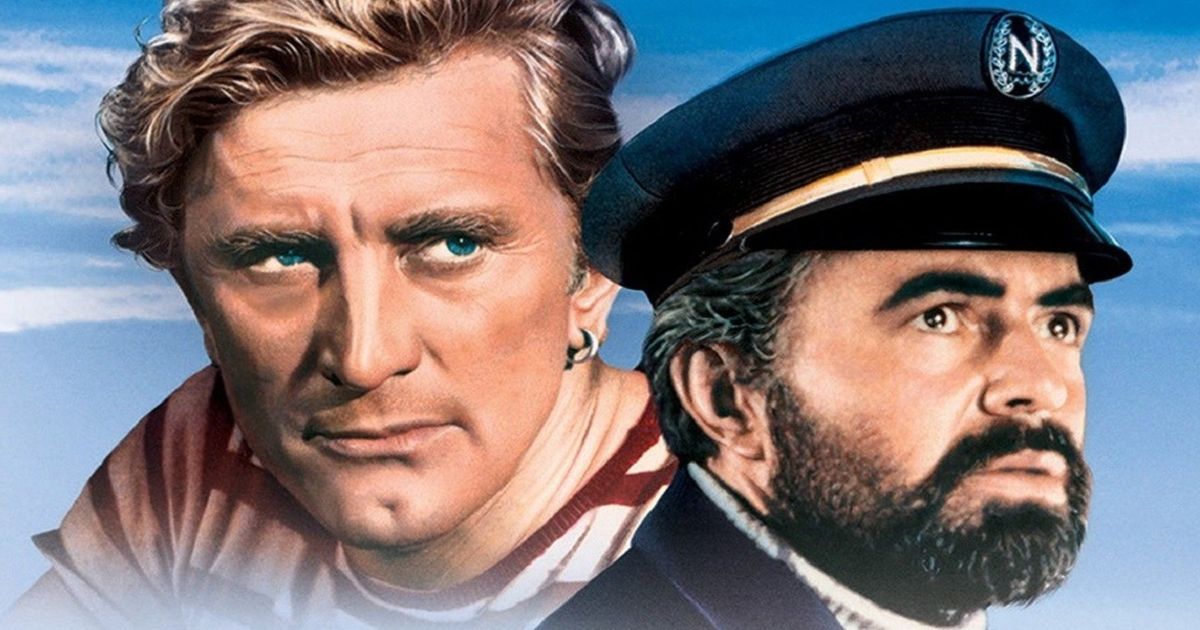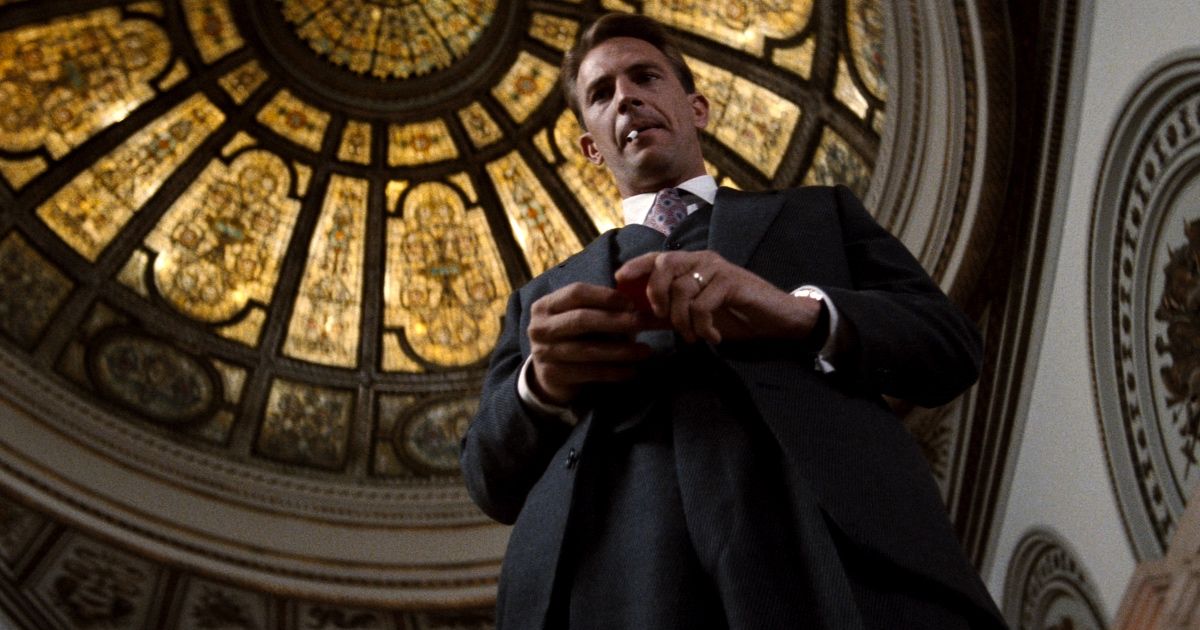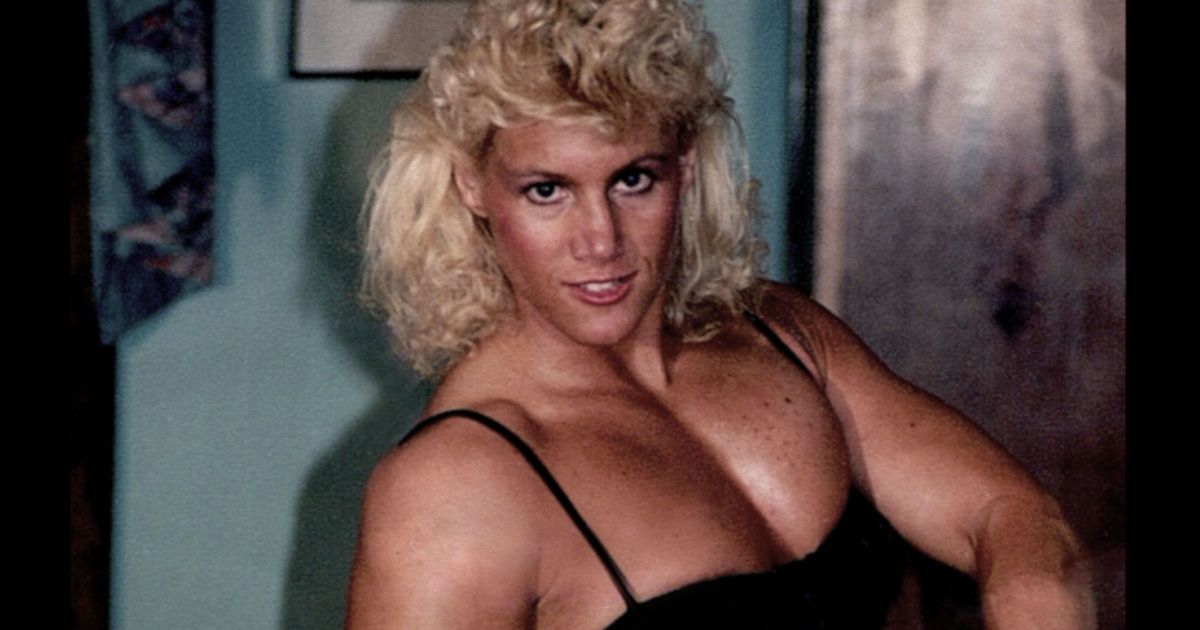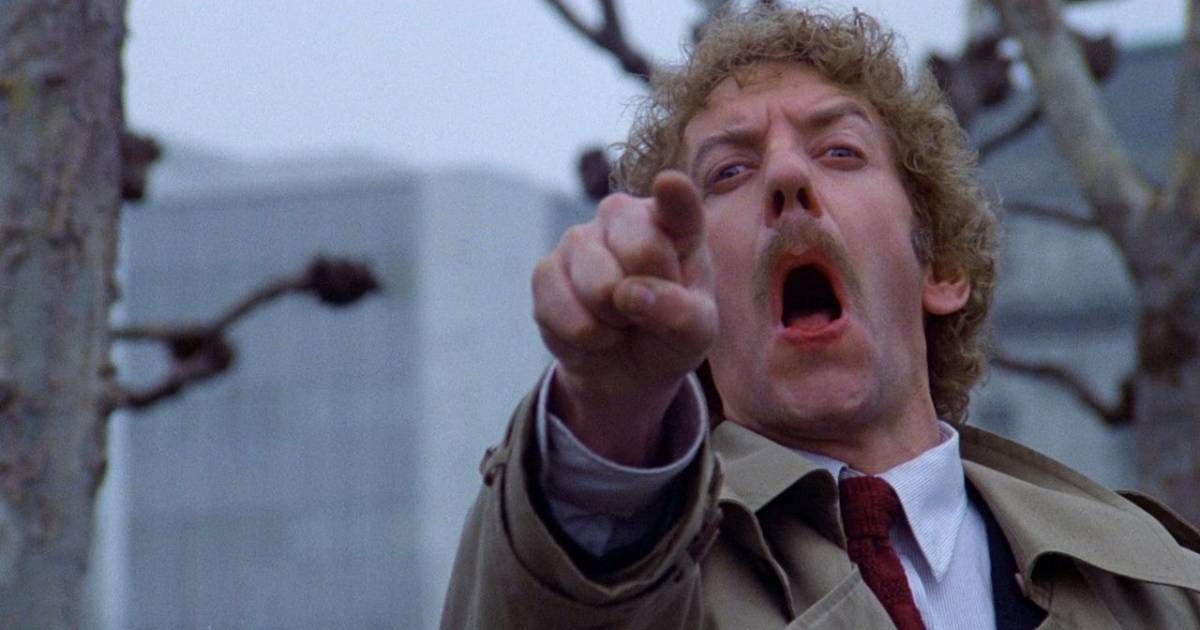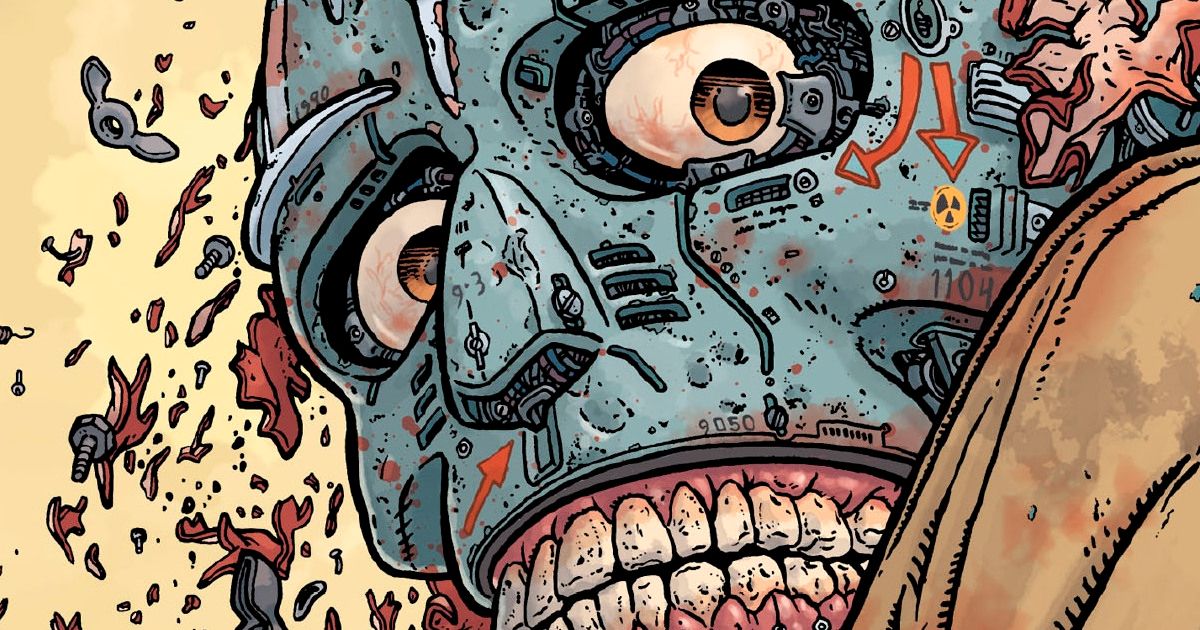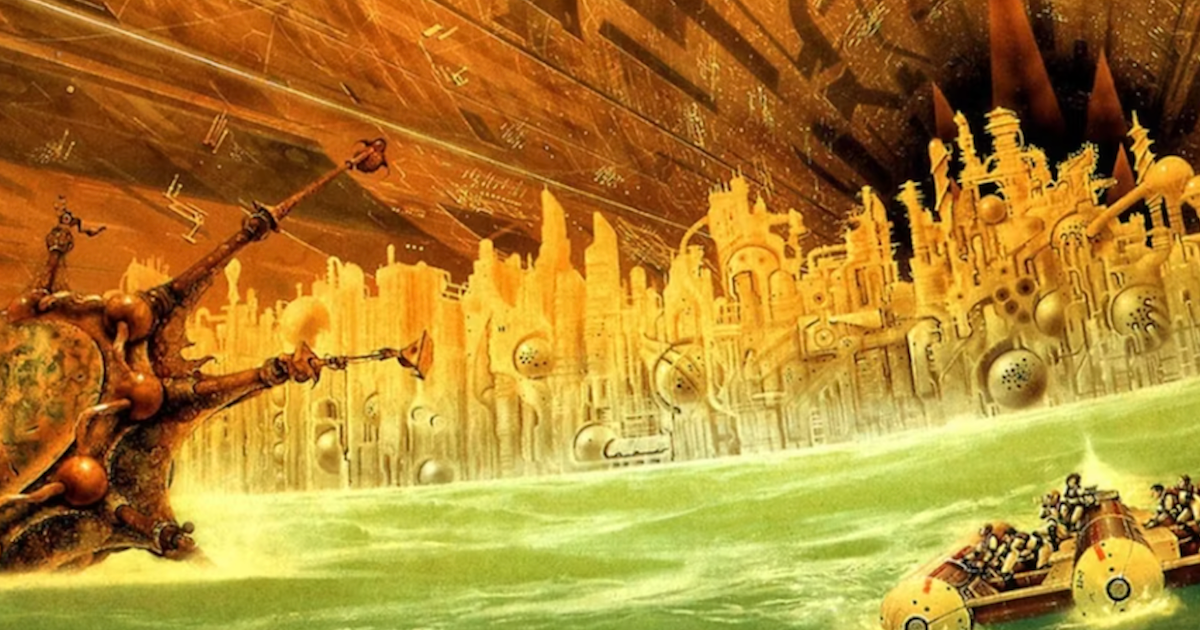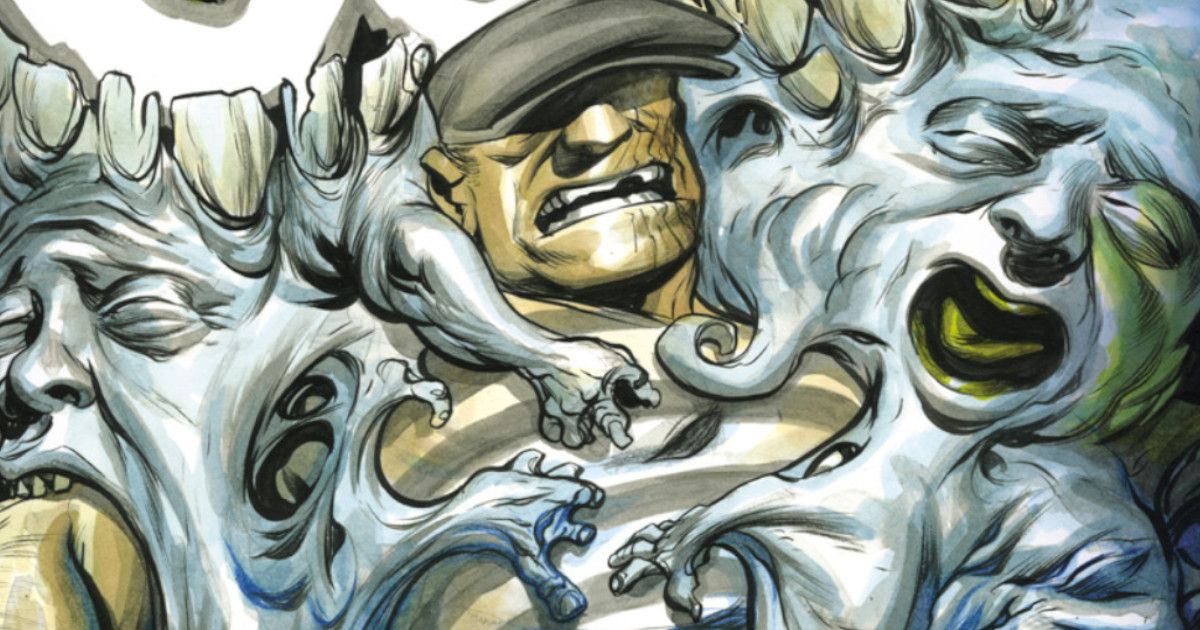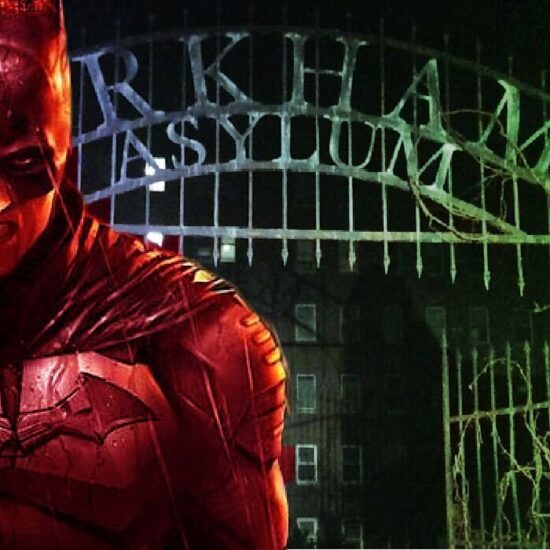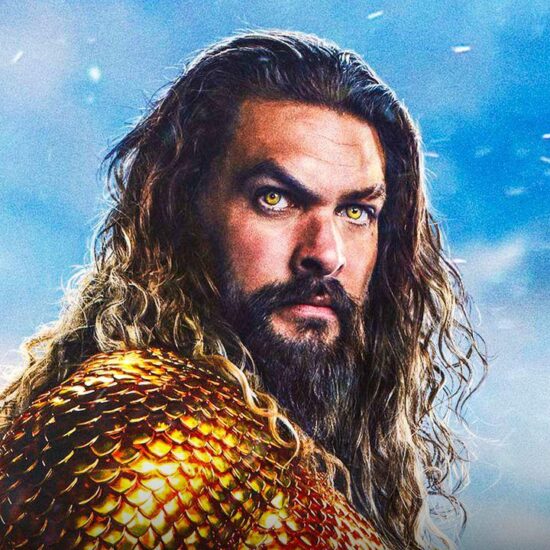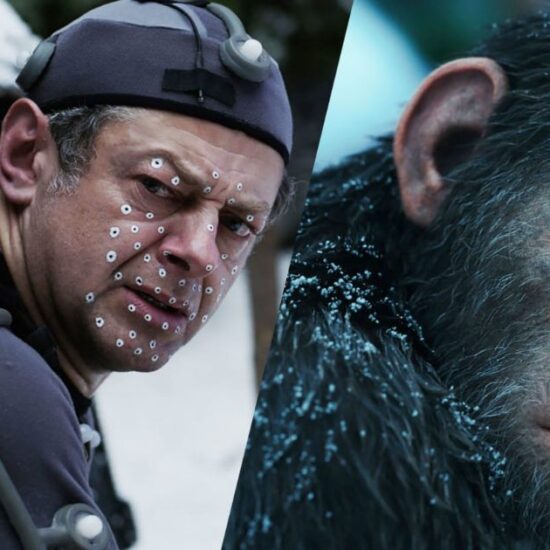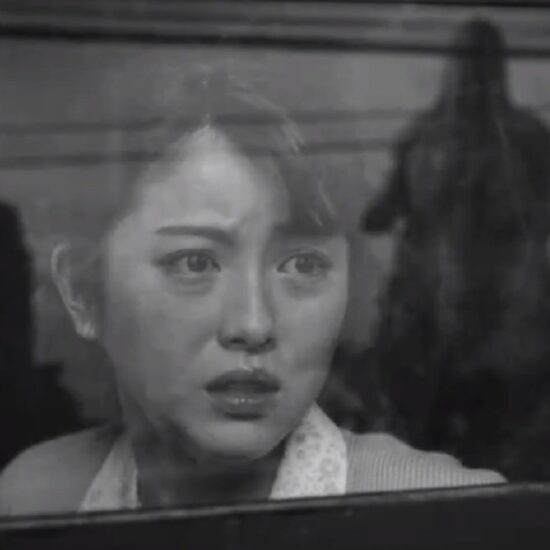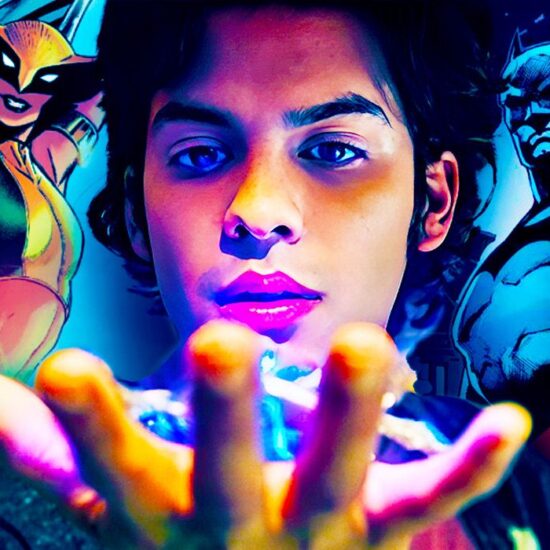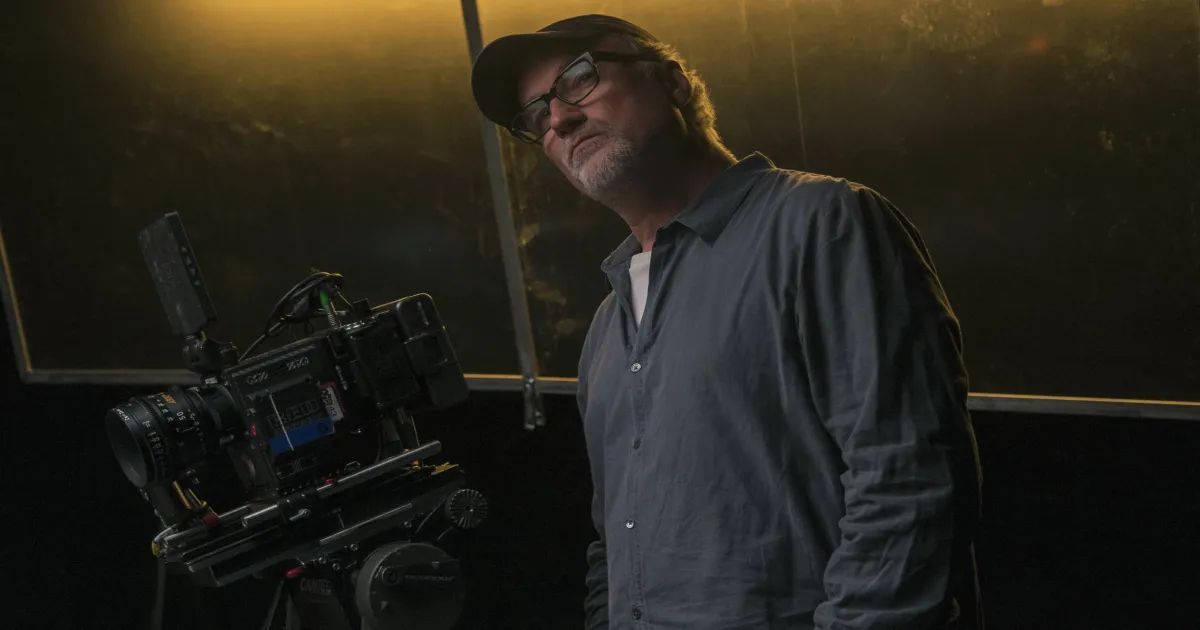
David Fincher is one of the most exciting directors working today, with a style that feels like a devious mix of Stanley Kubrick and Brian De Palma: cold and exacting, but gloriously pulpy. Over the course of his prolific 40-year career, Fincher has directed dozens of music videos for some of the biggest stars in the world; helmed 11 critically and commercially-acclaimed films (save for Alien 3, of course); and had a hand in developing three outstanding television shows. He has made a name for himself as a meticulous and demanding director, but one that delivers the goods. His next film, The Killer, looks to be another winning entry in an already stunning filmography.
Of course, given the nature of the industry, these produced credits only represent a fraction of the projects that Fincher had a hand in; there are many others which he came close to directing, but for one reason or another never came to fruition. Looking at all these canned ideas or perpetually stalled projects, it’s easy to see why Fincher was attracted to them in the first place, and it’s unfortunate to know we’ll never see any of them come to life under his direction.
From epic space voyages to deep-sea adventures and everything in between, here are 15 of the most interesting unmade David Fincher movies we’ll never get to see.
15 Seared
In late 2000, it was announced that David Fincher was going to direct Seared, a loose adaptation of celebrity chef Anthony Bourdain’s darkly humorous memoir Kitchen Confidential: Adventures in the Culinary Underbelly. Following their successful collaborations on Fight Club and Seven, Brad Pitt was interested in starring as the lead, with Benicio del Toro also in talks for an undisclosed role. Jesse Wigutow was brought on to write the adaptation, but not long after the project was announced, the film was scrapped in favor of adapting it into a television show. At that point, Fincher left the production.
Fox moved forward with a television series, named after Bourdain’s memoir and led by Bradley Cooper. To say Kitchen Confidential performed badly would be an understatement: after the first four episodes failed to draw in many viewers, Fox not only canceled the show, but didn’t even bother to air the remainder of the season. However, this isn’t indicative of the show’s quality, as it was competing for views with the MLB playoffs – it was practically destined to fail. The show has since developed a dedicated fanbase following its release on DVD.
In 2008, it was announced that David Fincher and Paramount were teaming up to produce and co-direct a remake of the 1981 cult movie Heavy Metal, an animated anthology film adapted from the sci-fi / fantasy comics magazine of the same name. Fincher’s remake was rumored to feature eight or nine segments, with each story directed by a different filmmaker. Zack Snyder, Gore Verbinski, Patrick Osborne, Guillermo del Toro, Tim Miller, and Kevin Eastman (one-time editor and publisher of the magazine) all expressed interest in joining the project as guest directors.
Production hit a snag when executives at Paramount got cold feet and dropped the project, claiming the film was “too risqué for mainstream audiences.” Fincher, Miller, and Eastman began shopping the project to other studios, but to no avail. The project was officially killed when Robert Rodriguez purchased the rights to the magazine, hoping to make his own adaptation. But that was arguably for the better, as it allowed Fincher and Tim Miller to team up and make their own version of Heavy Metal with Love, Death & Robots, their incredible Netflix anthology series that was undoubtedly inspired by the influential magazine.
13 The Girl Who Played with Fire / The Girl Who Kicked the Hornet’s Nest
When David Fincher signed on to direct The Girl with the Dragon Tattoo in 2009, he did so with the understanding that, if the first film was successful, he would return to direct both sequels: The Girl Who Played with Fire and The Girl Who Kicked the Hornet’s Nest. What’s more, Fincher was planning to shoot both films at the same time, since the second and third books serve as one story.
The Girl with the Dragon Tattoo debuted during the joyous 2011 Christmas season; although fans of the series came out in droves, its oppressively bleak tone and nearly three-hour running time proved too much for general audiences. Despite critical acclaim, the film was considered a mild box office disappointment, bringing in a modest global sum of $230 million against the film’s $90 million price tag (not accounting for marketing).
Although Dragon Tattoo wasn’t a smashing success, there still remained the possibility of a sequel: Sonyhad commissioned Zaillian to write the sequel – which Fincher warned was different from the book but nevertheless full of potential – and spent millions on the screen rights to the entire Millennium trilogy. In Fincher’s own words, the only way for the studio to recoup their earnings was to make the sequels.
Unfortunately, the sequels never came to fruition: the lower-than-expected earnings for the first film, coupled with Fincher’s undoubtedly expensive vision for the two follow-ups, probably seemed like too much of a risk for Sony. Instead, the studio decided to reboot the series with Fede Álvarez’s The Girl in the Spider’s Web, more modestly priced at $45 million. Rooney Mara was replaced with Claire Foy as Lisbeth Salander, as was the rest of the cast, as Álvarez wanted Spider’s Web to be entirely his own vision.
The Girl in the Spider’s Web was a box-office bomb, grossing $35 million worldwide – less than a sixth of Fincher’s film. The reboot’s failure unfortunately led to all possible sequels – from Fincher, Álvarez, or otherwise – to be shelved indefinitely.
12 Strangers
After the success of Gone Girl, it was announced that David Fincher and Ben Affleck would re-team for a remake of Alfred Hitchcock’s classic thriller Strangers on a Train. Gillian Flynn, who scripted Gone Girl and its novel, was hired to tackle the screenplay.
Shortened to Strangers(you’ll understand why in a minute), Fincher’s modernized update of Hitchcock’s film would have starred Ben Affleck as an unhappily-married movie star in the midst of an intense Oscars campaign. When his private jet breaks down, he’s lucky enough to get a lift to Los Angeles on another plane, this one owned by a wealthy socialite, also in a loveless marriage. Upon learning of his marriage woes, the stranger proposes the idea of killing each other’s wives.
The premise is undoubtedly juicy, and would be a perfect fit for Fincher’s meticulous brand of pulp cinema. Unfortunately the project fell apart soon after it’s announcement: at the time, Fincher and Flynn were working on their (never to be seen) remake of the popular British series Utopia for HBO, and Affleck was preparing for his (never to be seen) solo Batman movie, which he was also planning to direct. As of now, there are currently no plans to resume development on the remake.
11 World War Z 2
Despite well-documented production troubles, including costly reshoots to completely rehaul the third act, Brad Pitt’s zombie actioner World War Z turned out better than expected (even if it only bared the faintest resemblance to its source material). The film would go on to make nearly $550 million worldwide, all but ensuring a sequel, maybe even two (director Marc Foster and Paramount originally envisioned a trilogy).
Paramount hired J.A. Boyana (Jurassic World: Fallen Kingdom) to directWorld War Z 2, and writer Steven Knight (Locke, Peaky Blinders) to pen the script. But production continued to stall at Paramount under the tutelage of former-CEO and head of production Brad Grey, who was uncertain about moving forward with the expensive franchise. Grey ultimately decided to can it, and removed the film from the studio’s release calendar.
However, that changed when Jim Gianopulos stepped in to replace Grey as Paramount’s new chairman. Talks on the sequel resumed, with Brad Pitt campaigning for Fincher to take over directing duties. Considering Gianopulos’s relationship with Fincher (he greenlit Fight Club and Gone Girl during his tenure at 20th Century Fox), he was on board with the idea.
More shocking than the sequel’s announcement was the news that Fincher was actually interested in directing a studio tentpole, considering the brutal experience of directing Alien 3 and his subsequent refusal to take on any Hollywood tentpole properties or IP. After agreeing on a budget somewhere north of $200 million, Fincher officially boarded the project, with filming set to begin in the early part of 2018.
Despite a greenlight, scheduling conflicts kept pushing the shoot back, with production now aiming for a 2019 start. Then in February of that year, Paramount announced the sequel was officially dead. According to The Hollywood Reporter, China’s ban on films containing ghosts or zombies was the biggest reason for the film’s cancelation; without the Chinese market, Paramount simply couldn’t justify the massive price tag.
10 They Fought Alone
In 2000, it was announced that David Fincher was gearing up to direct the World War II action film They Fought Alone, based on the life of Col. Wendell Fertig, an American soldier in the Philippines who became a pivotal figure in the Pacific Theater when he and a ragtag group of soldiers amassed a massive Filipino guerrilla army to fight against the Japanese invaders.
Although no stars were ever attached to the project, Tom Cruise was rumored to be circling the project. Unfortunately nothing ever came of the film, but Fincher still expressed interest in directing the project in 2009, nine years after the project’s initial announcement. But since then, there have been no developments, all but confirming it is dead in the water.
9 The Automatic Detective
In 2008, David Fincher partnered with Tim Miller (Deadpool) and his VFX animation company Blur Studios to option the rights to A. Lee Martinez’s sci-fi noir novel The Automatic Detective. Set in the mutant-infested “technotopia” of Empire City, Martinez’s novel follows a robot by the name of Mack Megatron, a one-time killing machine that has rewired his murderous programming in order to live a reserved life as a cabbie. But when his kind-hearted neighbors go missing under mysterious circumstances, Megatron puts his peaceful life on the line to investigate their disappearance.
Since the project never made it past the option stage, it’s unclear whether Fincher would direct the film or just produce it. (If not him, then definitely Miller.) No news or developments regarding the project have been made since.
8 The Sky Is Falling
In the late ‘90s, David Fincher signed on to direct one of the most controversial (and expensive) spec sales of the era: The Sky Is Falling, written by Eric Warren Singer and Howard Roth.
Playing out like a cross between Preacher and Natural Born Killers, the absolutely bonkers script is about two priests on an archeological dig who discover unequivocal proof that God is actually dead. Propelled by a new sense of nihilism and loss of faith, the duo embark on a drug-induced, murderous crime spree as they spread the news of their discovery. It’s up to a terminally ill hitman hired by the Vatican to stop the unhinged priests.
Despite unanimous praise, studios wouldn’t touch the script with a ten-foot-pole, worried about the potential blowback from such a controversial movie. Fincher realized this and dropped the project. For a brief moment, director Gore Verbinski signed on to direct (which, funny enough, would have been his follow-up to the family-friendly Mouse Trap), but that didn’t work out, either.
7 20,000 Leagues Under the Sea
David Fincher’s remake of Disney’s 1954 sci-fi adventure classic 20,000 Leagues Under the Sea is one of the more fascinating “what-ifs” of Fincher’s storied career. The filmmaker originally boarded the project in 2010, and writer Scott Z. Burns (Contagion) was hired to pen the script. The film was gearing up to be Fincher’s first foray into the realm of 3D filmmaking, and estimated that approximately 70% of the final film would’ve been CGI. In other words, this wasn’t going to be a cheap film.
Disney tentatively gave the film a greenlight and Fincher began the casting process. He first reached out to frequent collaborator Brad Pitt to play Ned Land (portrayed by Kirk Douglas in the original), but the actor declined. Matt Damon and Daniel Craig were approached next, but both men couldn’t commit to the arduous 140-day shoot in Australia.
Fincher’s final choice was Channing Tatum, who at that point was best known for his roles in the Step-Up films and G.I. Joe. Disney didn’t think he was a big enough name to lead what would’ve surely been a $200 million movie, and so counter-offered with Chris Hemsworth. At that point, Fincher decided to cut his losses and move onto his next project: Gone Girl.
6 Torso
In 2006, it was announced that David Fincher signed on to direct Torso, an adaptation of Brian Michael Bendis and Marc Andreyko’s acclaimed graphic novel.
Torso tells the true but relatively unknown story of Treasury Department agent Eliot Ness’ time after his Al Capone days. Upon moving to Cleveland to serve as the city’s public safety officer in 1934, human torsos and limbs begin popping up all over town, followed by taunting letters from the killer to try and catch him. Ness – who had no genuine experience in investigative police work – put together a team of ex-officers to apprehend the serial murderer, who would later become known as the Mad Butcher of Kingsbury Run. To this day the killings remain unsolved.
The pulpy material is obviously right up Fincher’s alley, bearing the most obvious resemblance to Seven and, to an extent, Mindhunter. He was clearly excited about the project, comparing his vision to Citizen Kane and Rashomon in the way it deconstructs the mythology surrounding Elliot Ness and looks at the investigation from every possible angle: was the Mad Butcher really as cunning and elusive as history implies, or did Ness’s overblown ego and lack of experience result in the preventable deaths of innocent people?
Paramount eyed an early 2009 start date for production, with Matt Damon rumored to play Ness, and Casey Affleck, Rachel McAdams, and Gary Oldman rounding out the cast. However, everything came to a screeching halt in 2009 when Paramount let the rights to the novel lapse. (Some have speculated that this was due to the contentious working relationship between Fincher and the studio during the production of Benjamin Button, despite the film’s 13 Oscar noms and three wins.) Whatever the reason, Fincher’s plans for the film were canned.
The project was briefly resurrected in 2013 when it was announced that David Lowery (Ain’t Them Bodies Saints, The Green Knight) had signed on to write and direct his own adaptation of the novel. But since then – nothing.
5 Chemical Pink
In 2001, Fincher acquired the rights to Katie Arnoldi’s novel Chemical Pink with the intent to direct. Fight Club author Chuck Palahniuk was to adapt the novel, which sounds like the perfect pairing considering the book’s plot.
Set in the world of competitive female bodybuilding and inspired by Arnoldi’s own experiences, the story centers around Aurora Jeanine Johnson, a single mom who moves from Georgia to the West Coast to pursue her bodybuilding dreams.There she falls under the tutelage of Charles, an eccentric millionaire who promises to train Aurora and finance her dreams in exchange for increasingly bizarre sexual favors. Both only have one goal in mind: to mold the perfect female form, no matter the cost.
For reasons unknown, Fincher exited the project in 2002 and was replaced by prolific music video director Jonas Åkerlund (Lords of Chaos). Nothing has come of the project since.
4 Passengers
In early 2000, David Fincher was attached to direct an adaptation of Robert Silverberg’s 1969 Hugo Award-winning short story Passengers (not to be confused with the Chris Pratt and J-Law sci-fi romance of the same name).
Described as Invasion of the Body Snatchers re-imagined as a twisted love story, Passengers takes place in a world where imperceptible aliens hijack human bodies for two or three days of violent and sexual debauchery, after which they move onto the next person, leaving the victims confused and unaware of their actions. Rather than battle the aliens, humans endure them, and the story centers around one man who has been “ridden” through an intense physical encounter with a woman, also under alien influence. While the victims usually never want to meet the other people involved, the man jeopardizes his career to find her, even though she gets “ridden” regularly and has no recollection of him.
Michael London, who was spearheading the project as producer, shared more details about the story (via Variety):
“The alien creatures are purely psychological, have no physical forms until they nest in the cerebral cortex and take their host on these rides […] For two or three days, the person doesn’t show up to work and engages in wild debauchery, acting out the sexual, violent urges they normally suppress […] It’s an amusement park experience for these aliens, who can’t otherwise experience emotions like sex, anger, fear. The humans endure it, but society is crumbling from the unpredictability and lack of control.”
Fincher was attached for a couple of years, but in 2002 it was revealed that he was no longer interested in directing, just producing. He and London searched for a director, but interest in the project apparently fizzled out, as there haven’t been any developments since.
3 Hard Boiled
In 2001, David Fincher expressed interest in directing an adaptation of Frank Miller’s three-issue comic miniseries Hard Boiled (not to be confused with John Woo’s action classic). The sci-fi actioner would’ve starred Nicolas Cage as Carl Seltz, an insurance investigator in a dystopian future society who unexpectedly discovers that he’s actually a cyborg named Nixon, a psychotic assassin/tax collector who’s also heralded as the future savior of the robot race.
Fincher eventually backed out of the project, but a new development in 2008 asserted that Frank Miller himself was taking over directing duties, after discovering his love for the medium while working on Sin City and The Spirit. These plans, of course, were never realized.
Warner Bros again revived the IP in 2016 when Ben Wheatley expressed interest in writing and directing, with Tom Hiddleston set to star. Like Fincher, Wheatley and Hiddleston left the project, and it’s been stuck in development hell ever since.
2 Rendezvous with Rama
Arthur C. Clarke, author of 2001: A Space Odyssey, followed up his groundbreaking epic with Rendezvous with Rama, another operatic sci-fi novel that follows a group of human astronomers in the 2130s who are tasked with investigating the giant 31-by-12 mile cylindrical alien starship that has entered the solar system. Although not as critically well-received as 2001, Rendezvous still managed to nab both the Hugo and Nebula awards for best novel upon its release.
Interest in a film adaptation was immediate, with Morgan Freeman actively pursuing the project as a potential starring vehicle. David Fincher became attached as director in 2001, and remained attached for years while it struggled to get off the ground. But in 2008, he revealed that the project was officially scrapped, and he was no longer attached. Via First Showing:
“It looks like it’s not going to happen. There’s no script and as you know, [Morgan Freeman’s] not in the best of health right now. We’ve been trying to do it but it’s probably not going to happen.”
But fans of the novel were elated when news broke that Denis Villeneuve was hired to direct an adaptation of the novel after he finishes with Dune: Part II. Given his work on films like Arrival and (obviously) Dune, Villeneuve feels like the perfect choice to tackle the material (although if there is one person who could replicate the cold, clinical, and meticulous direction of Kubrick’s 2001, it would be Fincher).
1 The Goon
The Goon is considered by many to be “the one that got away” for Fincher. Based on Eric Powell’s comic of the same name, the series is based on the adventures of the Goon, a hard-edged brawler who works as an enforcer for the brutal mobster Labrazio. Despite being rooted in noir fiction, the Goon’s adventures frequently take a turn into the paranormal, with stories concerning ghosts, ghouls, aliens, mad scientists, and other monstrous creatures being the norm.
Teaming up again with Tim Miller and his Blur Studios, Fincher envisioned the film as 100% CGI, making it his first fully-animated feature. But funding was hard to come by, and in 2012 the two filmmakers turned to Kickstarter to raise $400,000 to finance a story reel to show investors, with Paul Giamatti and Clancy Brown lending their voices. The Kickstarter goal was reached and the story reel produced (and eventually leaked online); despite the promising footage and fan fervor, studios still wouldn’t cough up the necessary money.
Interest in the project waned as development stalled, and David Fincher moved on. But ten years later, The Goon was revived at Netflix, with Tim Miller back on board to produce, with Patrick Osbourne directing. As of now, The Goon is still scheduled for release sometime in 2024 or 2025.







